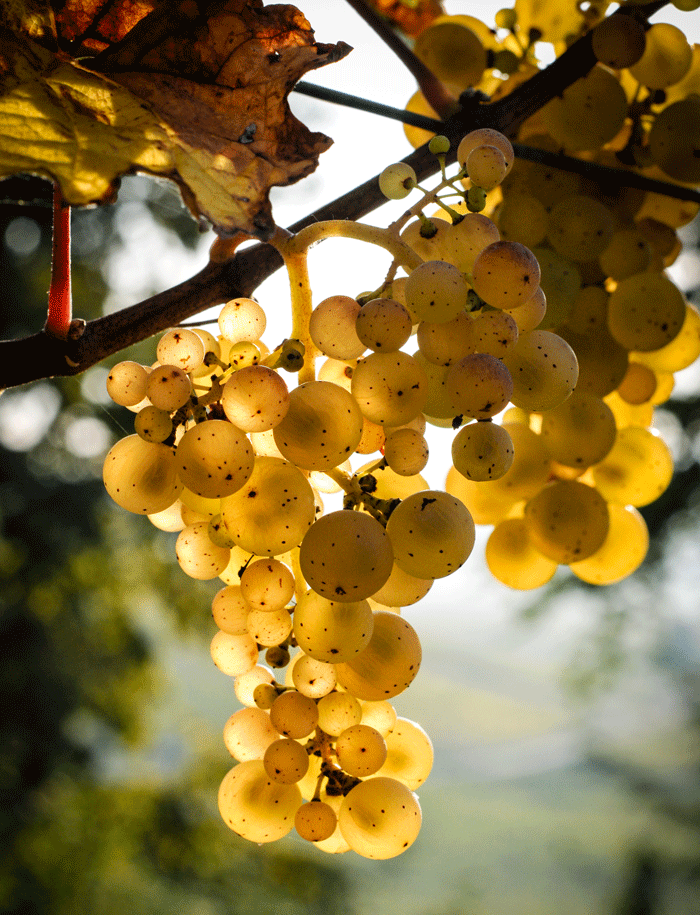Understanding Alsace – Lunch & Learn 5
Author: Berry Bros. & Rudd
What does Alsace mean to you? For me it means good memories, delicious food, great wines, a part of France where people have their own language (although they also speak French) and attractive architecture. I am from Lyon, which is close to Beaujolais and Côte-Rôtie, but I have a thing for Alsace.
For me, Alsace is one of the best wine regions of France, not only for its wines, but also for personal reasons. My grandfather loves Alsace. Most of his cellar is made up of its wines, and it’s his tradition to serve Muscat Vieilles Vignes and Gewürztraminer Vieilles Vignes at every Christmas lunch. Sometimes, when we are lucky, he opens a Séléction de Grains Nobles. Even before I became passionate about wine, I remember walking in the Alsace vineyards, meeting producers and listening to my grandfather explaining the entire wine-making process, the influences of the climate and the history of the grape ‘Pinot Gris’. (Now, of course, I wish I’d been paying closer attention.)
Most Alsace wines are white (although very good Pinot Noir is grown there too). On one hand, choosing Alsace wines should be easy: the label indicates the grape variety used, and each grape has a particular profile. Personally, I like white wines that are sharp, mineral-rich, with just the right amount of acidity to provide freshness without being too acidic. In other words, I love Riesling. Many people prefer Gewürztraminer’s typical notes of rose and lychee.
On the other hand, Alsace is more complicated than just understanding the grape varieties. There are a host of different producers, and there are no short-cuts to understanding their wines other than tasting them (or asking your wine merchant!). Equally, how do you know if a wine is going to be sweet or dry? This is a notoriously difficult question to answer, and so I consulted Anne McHale MW:
“This is a tricky one and an area of some controversy (our very own Catriona Felstead MW did her master of wine dissertation on this very topic) – many Alsace ‘dry’ wines have some residual sugar in them and even with the same producer this can vary from vintage to vintage. Your best bet is to ask the sommelier or wine merchant; alternatively some producers have come up with their own sweetness scales which they have put on the label so this can help. There is no one unified sweetness scale agreed on by all producers in the region – although, hopefully, in time, this can be resolved,” she says.
The most important thing that Alsace can teach you is the value of asking questions and advice. Even if it sometimes feels embarrassing – just go for it. Wine is a wonderful world that evolves every vintage and there is always something new to learn. I am lucky enough to be surrounded by fantastically knowledgeable people at Berry Bros. & Rudd. I plan to bombard them with questions and taste as many Alsatian wines as possible. I would advise you to do the same…
If you are intrigued by the idea of the Alsace, and would like to learn and taste more, then join Wine School’s Barbara Drew for an informative introduction to this food-friendly region. Her Lunch & Learn session takes place on 15th December.



